Sand Talk
ByPublisher Description
A paradigm-shifting book in the vein of Sapiens that brings a crucial Indigenous perspective to historical and cultural issues of history, education, money, power, and sustainability—and offers a new template for living.
As an indigenous person, Tyson Yunkaporta looks at global systems from a unique perspective, one tied to the natural and spiritual world. In considering how contemporary life diverges from the pattern of creation, he raises important questions. How does this affect us? How can we do things differently?
In this thoughtful, culturally rich, mind-expanding book, he provides answers. Yunkaporta’s writing process begins with images. Honoring indigenous traditions, he makes carvings of what he wants to say, channeling his thoughts through symbols and diagrams rather than words. He yarns with people, looking for ways to connect images and stories with place and relationship to create a coherent world view, and he uses sand talk, the Aboriginal custom of drawing images on the ground to convey knowledge.
In Sand Talk, he provides a new model for our everyday lives. Rich in ideas and inspiration, it explains how lines and symbols and shapes can help us make sense of the world. It’s about how we learn and how we remember. It’s about talking to everyone and listening carefully. It’s about finding different ways to look at things.
Most of all it’s about a very special way of thinking, of learning to see from a native perspective, one that is spiritually and physically tied to the earth around us, and how it can save our world.
Sand Talk include 22 black-and-white illustrations that add depth to the text.
Download the free Fable app
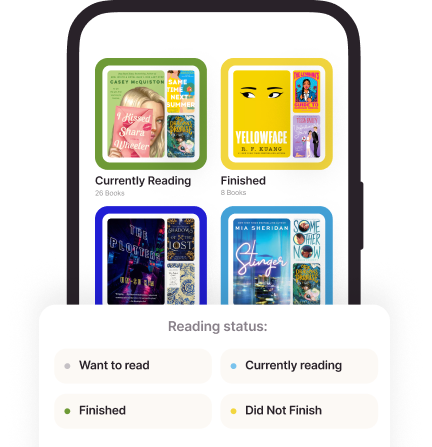
Stay organized
Keep track of what you’re reading, what you’ve finished, and what’s next.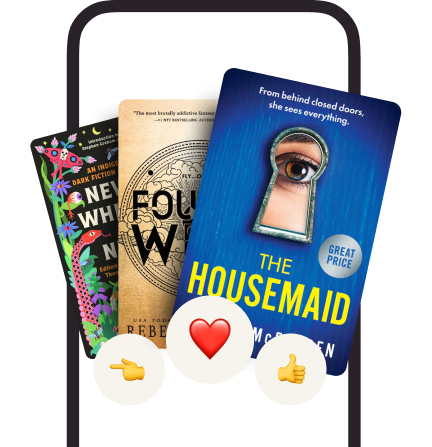
Build a better TBR
Swipe, skip, and save with our smart list-building tool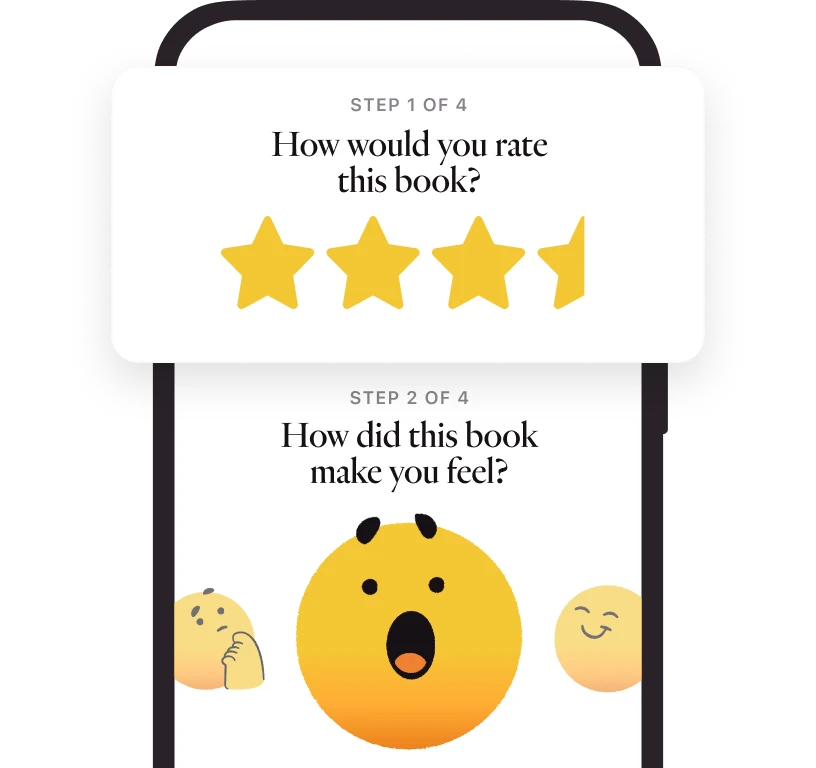
Rate and review
Share your take with other readers with half stars, emojis, and tags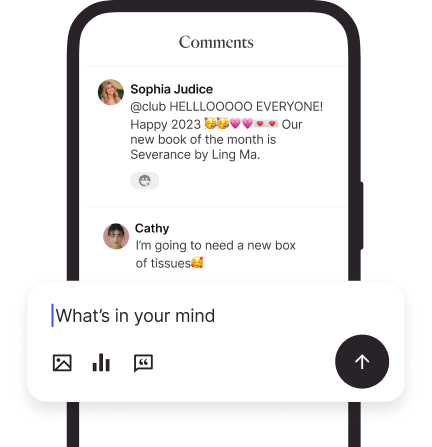
Curate your feed
Meet readers like you in the Fable For You feed, designed to build bookish communities104 Reviews
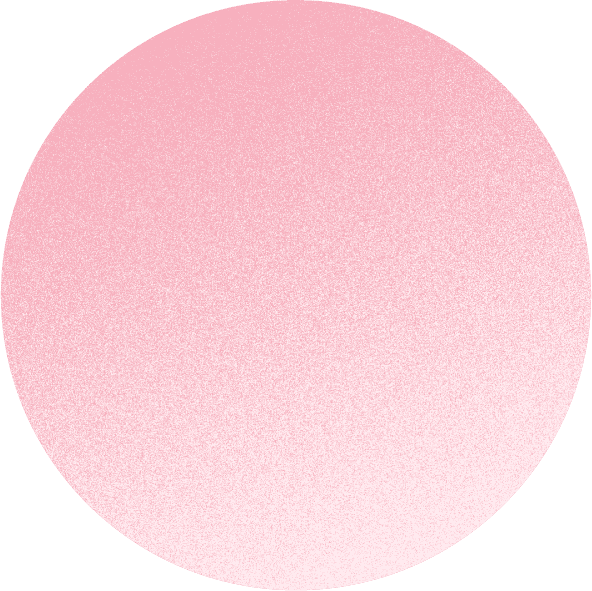
Ash Tuesday
Created 3 months ago “Lessons from an aboriginal culture - a unique way of teaching that includes yarns (stories). He wrote about some hard stuff and there were so many quotable opportunities.”
“Lessons from an aboriginal culture - a unique way of teaching that includes yarns (stories). He wrote about some hard stuff and there were so many quotable opportunities.”
jcarter
Created 3 months ago “Just quotes that stood out to me, that’s all :)
“My life story is not redemptive or inspiring in any way and I don’t like sharing it. It shame and traumatises me, and I need to protect myself as well as others who have been thrown about in the cyclone of this messy colonial history.” (P.g. 5)
“Nothing is created or destroyed; it just moves and changes, and this the First Law. Creation is in a constant state of motion, and we must with it as the custodial species or we will damages the system and doom ourselves.” (P.g. 46)
“From an Aboriginal cosmological point of view, the uncertainty problem is resolved when you are part of the field and accept your subjectivity. If you want to know what’s in the box so bad, drink the poison yourself and climb in..I begin to see the uncertainty principle not as a law but ad an expression of frustration about the impossibility of achieving godlike scientific objectivity.” (P.g. 49)
“Scientists currently had to remove all traces of themselves from experiments, otherwise their data is considered to be contaminated. Contaminated with what? With the filthy reality of belongingness? The toxic realisation that if we can stand outside of a field we can’t own it? I don’t see science embracing Indigenous men this of inquiry any time soon, as Indigenous Knowledge is not wanted at the level of how, only at the level of what, a resource to be plundered rather than a source of knowledge for processes. Show me where some plants are so I can synthesise a compound and make drugs out of it!” (P.g. 49)
“Perhaps we could consider the possibility that the destruction of lands and culture globally involves a little more than people deciding individually whether they will play the role of the hero, villain or victim. Perhaps even ethnic groups can no longer be categorised accurately this way…we name victims and perpetrators by a colour code that masks that actual force and patterns that are vexing us. We see ethnic groups with our left eye and we see individuals with our right eye and are blind to anything else.” (P.g. 65)
“Western knowledge systems are centralised…it is far easier to collect, bag, and tag samples from our culture.” (P.g. 96)
“Making yourself an expert in another culture is not always appreciated by the members of that culture.” (P.g. 97)
“The key to Aboriginal Knowledge, as always, lies in the process rather than just the content. Token inclusion of cultural clippings serves only to further diminish and exclude cultural identities of First People.” (P.g. 114)
“If our prehistoric lives were so violent, hard and savage, how could we have evolved to have such soft skin, limited strength and delicate parts?” (P.g. 125)
“If you want to take control of your life or work towards some kind of sustainable change in the world, you need to harness the power of story.” (P.g. 129)
“Most importantly, I have learnt from yarns with children, the inmates of the education system.” (P.g. 145)
“In Aboriginal worldviews, nothing exists outside of a relationship to something else.” (P.g. 169)
“Everything is creation and there are always patterns to perceive.” (P.g. 251)
“Future survival of all life on this planet will be dependant on humans beings able to perceive and be custodian of the patterns of creation again, which jn turn requires a completely different way of living in relation to the land.” (P.g. 252)
“Our Law would become known and respected as the most sustainable basis for living and being on this continent. The Australian people would be able to move from ‘sorry’ and start saying ‘thank you’ (and maybe, after a while, ‘please.’)” (p.g. 267)
“And stop asking the question, ‘Are we alone?’ Of course we’re not! Everything in the universe is alive and full of knowledge.” (P.g. 227)”
“Just quotes that stood out to me, that’s all :)
“My life story is not redemptive or inspiring in any way and I don’t like sharing it. It shame and traumatises me, and I need to protect myself as well as others who have been thrown about in the cyclone of this messy colonial history.” (P.g. 5)
“Nothing is created or destroyed; it just moves and changes, and this the First Law. Creation is in a constant state of motion, and we must with it as the custodial species or we will damages the system and doom ourselves.” (P.g. 46)
“From an Aboriginal cosmological point of view, the uncertainty problem is resolved when you are part of the field and accept your subjectivity. If you want to know what’s in the box so bad, drink the poison yourself and climb in..I begin to see the uncertainty principle not as a law but ad an expression of frustration about the impossibility of achieving godlike scientific objectivity.” (P.g. 49)
“Scientists currently had to remove all traces of themselves from experiments, otherwise their data is considered to be contaminated. Contaminated with what? With the filthy reality of belongingness? The toxic realisation that if we can stand outside of a field we can’t own it? I don’t see science embracing Indigenous men this of inquiry any time soon, as Indigenous Knowledge is not wanted at the level of how, only at the level of what, a resource to be plundered rather than a source of knowledge for processes. Show me where some plants are so I can synthesise a compound and make drugs out of it!” (P.g. 49)
“Perhaps we could consider the possibility that the destruction of lands and culture globally involves a little more than people deciding individually whether they will play the role of the hero, villain or victim. Perhaps even ethnic groups can no longer be categorised accurately this way…we name victims and perpetrators by a colour code that masks that actual force and patterns that are vexing us. We see ethnic groups with our left eye and we see individuals with our right eye and are blind to anything else.” (P.g. 65)
“Western knowledge systems are centralised…it is far easier to collect, bag, and tag samples from our culture.” (P.g. 96)
“Making yourself an expert in another culture is not always appreciated by the members of that culture.” (P.g. 97)
“The key to Aboriginal Knowledge, as always, lies in the process rather than just the content. Token inclusion of cultural clippings serves only to further diminish and exclude cultural identities of First People.” (P.g. 114)
“If our prehistoric lives were so violent, hard and savage, how could we have evolved to have such soft skin, limited strength and delicate parts?” (P.g. 125)
“If you want to take control of your life or work towards some kind of sustainable change in the world, you need to harness the power of story.” (P.g. 129)
“Most importantly, I have learnt from yarns with children, the inmates of the education system.” (P.g. 145)
“In Aboriginal worldviews, nothing exists outside of a relationship to something else.” (P.g. 169)
“Everything is creation and there are always patterns to perceive.” (P.g. 251)
“Future survival of all life on this planet will be dependant on humans beings able to perceive and be custodian of the patterns of creation again, which jn turn requires a completely different way of living in relation to the land.” (P.g. 252)
“Our Law would become known and respected as the most sustainable basis for living and being on this continent. The Australian people would be able to move from ‘sorry’ and start saying ‘thank you’ (and maybe, after a while, ‘please.’)” (p.g. 267)
“And stop asking the question, ‘Are we alone?’ Of course we’re not! Everything in the universe is alive and full of knowledge.” (P.g. 227)”
Jamie Nix
Created 3 months agoAbout Tyson Yunkaporta
Tyson Yunkaporta is an academic, arts critic, researcher, and member of the Apalech Clan in far north Queensland. He is the author of Sand Talk: How Indigenous Thinking Can Save the World, winner of the Small Publishers’ Adult Book of the Year at the Australian Book Industry Awards and the Ansari Institute’s Randa and Sherif Nasr Book Prize on Religion & the World, awarded to an author who explores global issues using Indigenous perspectives. He carves traditional tools and weapons and also works as a senior lecturer in Indigenous Knowledges at Deakin University in Melbourne. He lives in Melbourne, Australia.
Start a Book Club
Start a public or private book club with this book on the Fable app today!FAQ
Do I have to buy the ebook to participate in a book club?
Why can’t I buy the ebook on the app?
How is Fable’s reader different from Kindle?
Do you sell physical books too?
Are book clubs free to join on Fable?
How do I start a book club with this book on Fable?
